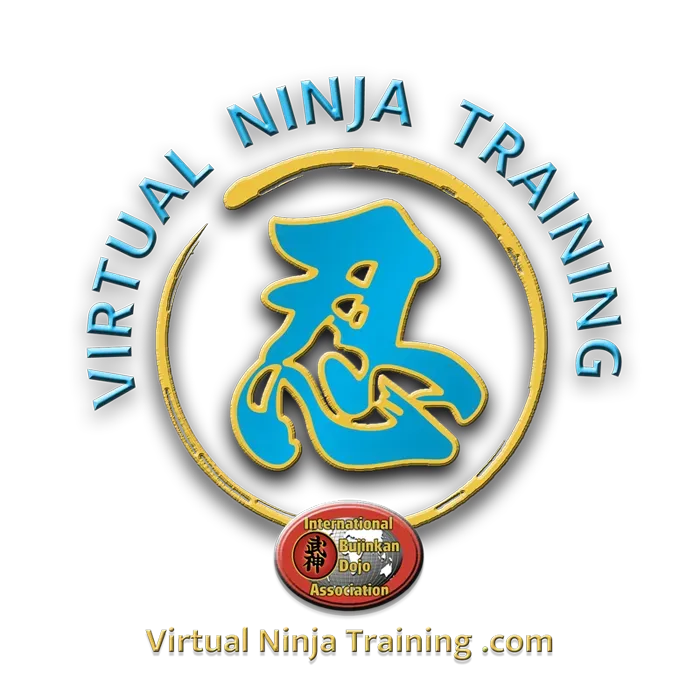Can You Be My Partner?
Whether you are starting in a dojo, virtual dojo, or a home study course. It can be difficult training outside of your training group. Solo training is always a great start but eventually you’ll need a training partner. This is a feeling art. Without the ability to feel the pressure and the intent you are missing the effectiveness of the art.
You have access to a dojo
You may be lucky and have access to a dojo or many to train at. But there may be difficulties in timing (attending enough classes) or finance (paying the fees consistently). Talk with the people you train with (students and the teachers) and see if you can do a meet up. Try to train for a couple hours then have some fun afterwards. Community is very important.
You have access to martial arts but not the art you wish to learn
You can either a) train in something similar and wait for the moment your art comes to you or you move and find it. Or b) find a method of study and learn from it. Home Study Course (HSC) or Virtual Dojo can be the most helpful.
In finding partners try connecting with other like minded individuals. They do not need to study Bujinkan or ninjutsu. Martial artists or people interested in fitness or athletics can be a good start. Show them what you know about your art and learn about what they know of theirs. Find out how you can help each other in developing as martial artists. Cross training is never bad and can help you understand how different arts work. Just remember to know yours so you don’t get confused.
If you choose to do both, a and b. Be respectful to the dojo and ask students outside of the dojo if they would be interested in helping with this other art. Also talk to the teacher. They may be able to give some kind of assistance as well. When you do receive help, remember to reciprocate. They gave you time you give back as well. This is also being a good partner or uke.
You have no access to any dojo
What if you have nothing - no dojo, training group or teacher - but the heart of a warrior. The passion to learn even when everything is or feels to be against you. Start off with what you can. Find a HSC or a Virtual Dojo. Learn from what has already been created. More than not you’ll have a teacher through them. Once you start creating a foundation and understanding of the concepts, start up your own Training Group. Be candid. You are most likely not a teacher so don’t give the impression you are. Show the art. Don’t teach it. Also talk with your teacher. They may have suggestions. Plus it is good to receive a blessing from your teacher.
What if you have experience and moved away from your teacher
Reconnect, they can give you advice, lesson plans, private online lessons. The possibilities can be endless. I have known students who live hundreds of miles away from their teacher and train like they recently visited them.
Whichever choice you take to push forward it’ll finally come to: How do you find a partner when it feels like there is none? With communication, with community.
Some of the best training partners are the ones who have a like minded passion even if it may not be how you expected it. Ask a friend, family member, someone you may hangout with that has similar interests. Talk about yourself and what you know of the art. Talk about your goal. Do not sell them the art. Mention the benefits, whether that is just helping you or knowing how to fall properly. Show them how to fall, roll, strike, etc. This is the first step in helping someone become a good partner, and showing yourself what shortcomings you may have in your skills.
Create a good form of communication. You need to be honest with each other. When someone taps, trust them and release. Start to learn each other's bodies. Some people are hyper mobile or have neuropathy and may not acknowledge that they are in danger. Know this and have both of you learn when to release before damage can occur. This is becoming a respectable partner. Whether you are uke or tori (attacker / defender).
Start off slow and only have them do what they are capable of. This may mean you may need a few partners instead of one. Work lightly and slowly. We want you to get the moves down perfectly. Getting them integrated into you correctly is more important than executing the skill. Remember, reality is never perfect. It can be ugly and quick. This is why training slowly, learning to know a skill, and working to your partner’s rhythm is the most important.
Attend events / seminars
Aside from training in a dojo or at home. Get out and attend events and visit other dojo. By attending outside events and dojo you can learn a new perspective. We may all be learning the same materials but we are not all teaching the same. Plus it is a fun new experience. Building greater communication and community.
Do not forget to make it a fun time. If it is far away and it is a road trip then visit some sites along the way. Always make time for yourself. This is an investment and not just an expense.
Keep moving forward.
